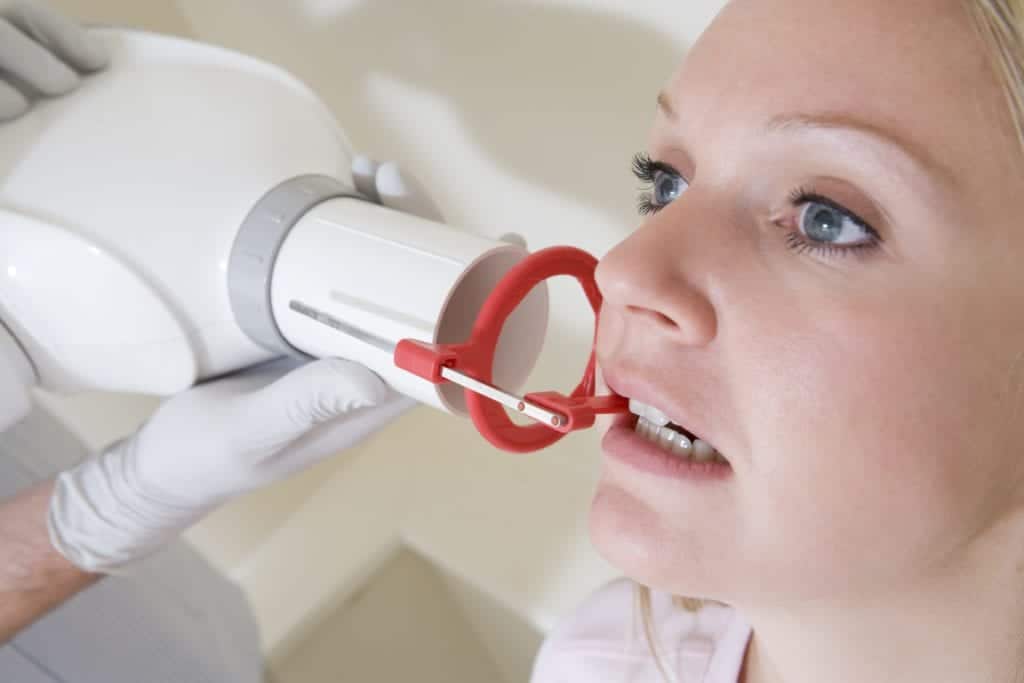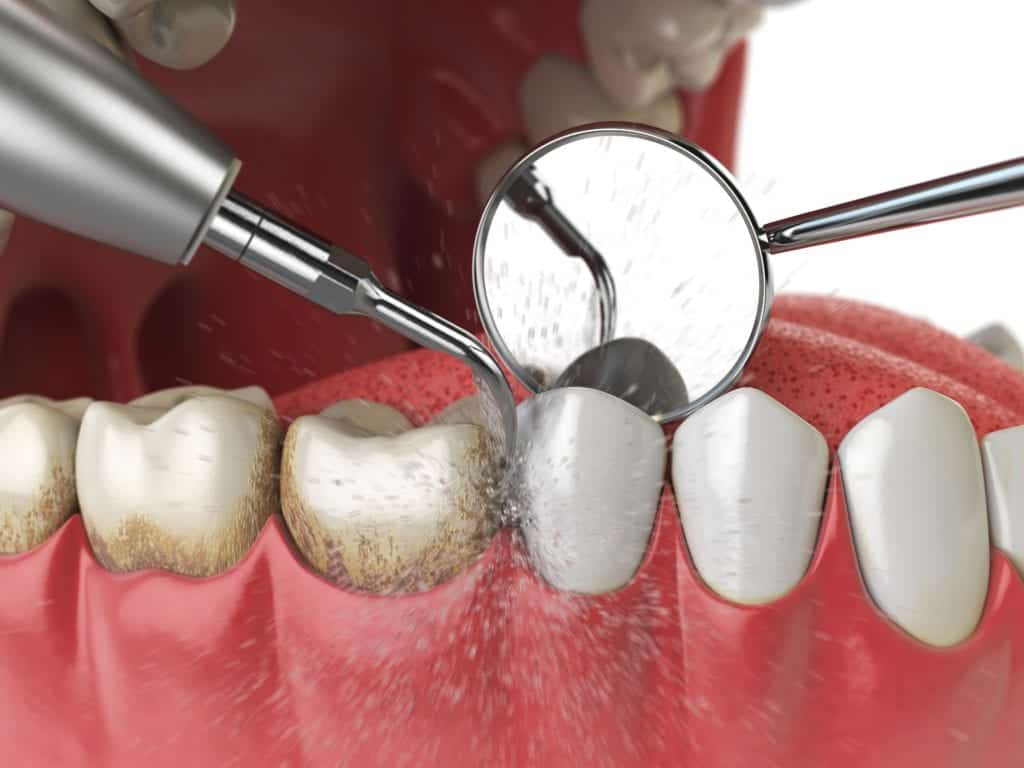Even though general dentists examine your teeth, gums, and jaw, as well as screening for oral cancer and breath odor, there are still more things that your dentist does during your appointment. Here are five more things your general dentist does:


Dental X-Rays
Dental x-rays are taken during your dental appointment in order to evaluate the underlying structures. They provide important diagnostic information about your jawbones, possible wisdom teeth, and cavities that may not be noticeable during an exam. Dental x-rays also help general dentists determine the type and severity of malocclusion, as well as how it is affecting the jaw joint.

Discusses Your Oral & Overall Health
An important part of your dental appointment is discussing your medical history and list of current medications with your dentist. This is because oral and overall health are closely related and can directly affect one another. For example, pregnant women or people with diabetes may be at an increased risk for gum disease, while people with acid reflux may have significant enamel wear. By discussing your medical history, your general dentist can determine what type of preventive dental treatment is best for you.

Provides Education
As your dentist evaluates your teeth and gums, they may offer advice on your dental hygiene routine. Just by looking at your teeth and gums, dentists can tell if you floss regularly or just before your appointment. They can also tell if you brush regularly, or if you brush too hard. If they notice anything, they may provide education on the proper brushing and flossing techniques. They may also offer advice on which toothpaste you should be using, if you need mouthwash, and what type of toothbrush is best for you.


Professional Teeth Cleaning
Before your dental appointment ends, you will have your teeth professionally cleaned to remove excess plaque and tartar. Professional teeth cleanings are an extremely beneficial preventative dental treatment because they reduce the risk of both tooth decay and gum disease. This is because the bacteria responsible for these issues resides in dental plaque. By removing the dental plaque, the amount of bacteria is significantly reduced, which reduces the risk as well. During a teeth cleaning, a special tool called a scaler is used to scrape off plaque and tartar from the entire surface of the teeth. Then the teeth are brushed with a gritty toothpaste, flossed, and rinsed.

Treats Teeth with Fluoride
The final thing your dentist does at your dental appointment is to apply fluoride to the tooth enamel after the enamel has been cleaned. This can be accomplished with a fluoride polish or rinse. Fluoride has been proven to strengthen tooth enamel, making it more resistant to the acids produced by bacteria that cause tooth decay. It also makes it harder for plaque to attach to the tooth enamel. Since dental plaque is the ideal environment for the bacteria that cause tooth decay, less plaque on the tooth enamel means less chance of tooth decay.
As you can see, your general dentist does many important things during your dental appointment. Many people don’t realize just how many things their dentist does because their dentist’s are so efficient. Because general dentists do so much during your dental appointment, these semi-annual appointments are highly beneficial to your oral health. How long has it been since your last dental appointment?
Missed part 1? Click Here!

Dr. Dennis Laurich has been practicing dentistry for over 40 years. He received his DDS degree from the University of Michigan Dental School and regularly attends oral health care conventions to continue his dental education. This allows him to treat patients with the leading dental technology and methodologies. Additionally, he is a member of the American Dental Association, Michigan Dental Association, and the Detroit District Dental Society.




